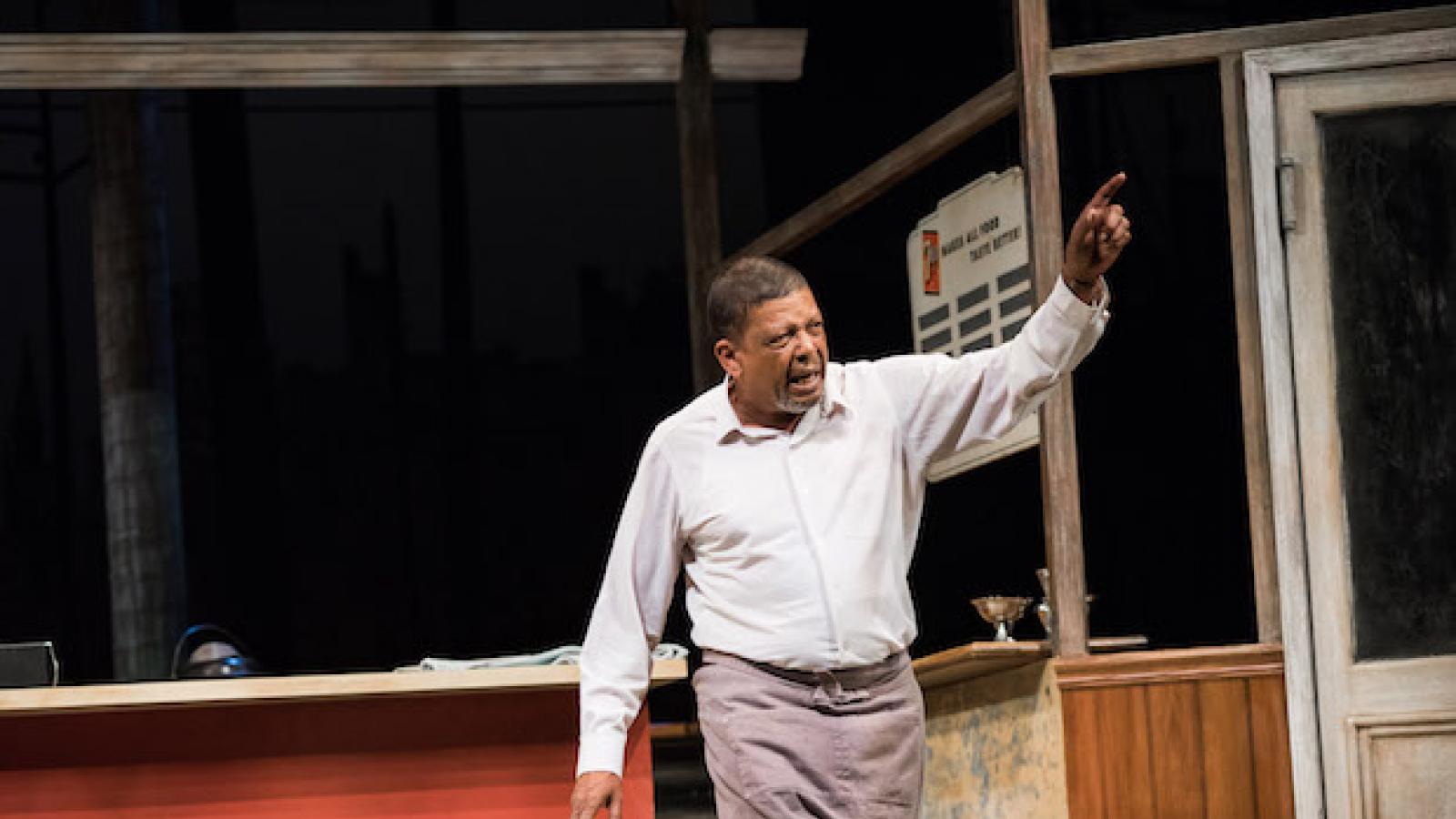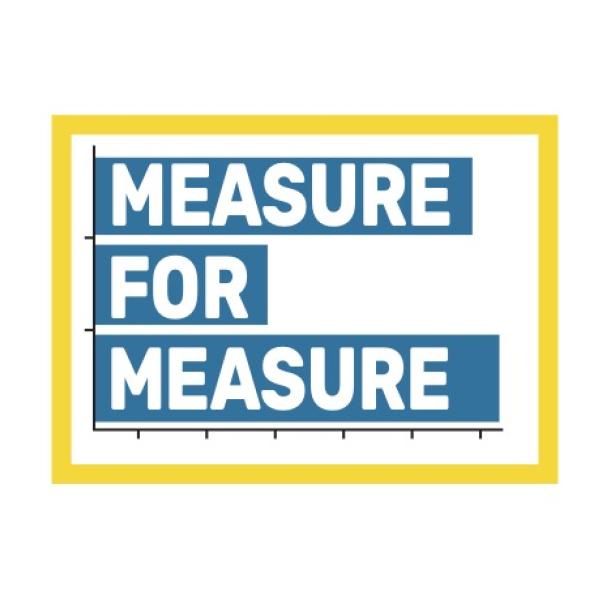Five Questions with theater artist Eugene Lee

Multi-hyphenate theater artist Eugene Lee, who boasts credits as an actor, writer, and director, has earned the title of "Wilsonian Warrior" by appearing in all but two of the plays written by iconic American playwright August Wilson, including playing Wilson himself in the autiobiographical play How I Learned What I Learned. Lee is currently onstage (through May 6) at Washington, DC's Arena Stage playing the character of "Memphis" in Wilson's 1969-set play Two Trains Running, which looks at how everyday people respond to tremendous social change. In an e-mail interview the former high school teacher said it was "encouraging experiences in community theater" during his time as a teacher, as well as local opportunities in TV and radio that moved him to commit to a career as a theater artist. Though he's no longer spending his days in a classroom, that early experience undergirds Lee's work in theater. As he told us, "I like to think I still teach with my work." Here are five more questions we had for Lee.
NEA: If you had to write a job description for your work as an actor, what would it say?
EUGENE LEE: Storytelling skills, clarity and truth.
NEA: According to your bio, you’ve done all but two of August Wilson’s plays. Why do you keep going back to his work as an actor?
LEE: The opportunity to do one of these plays is an honor and a privilege and the kind of challenge every actor worth their salt craves for themselves. [August Wilson writes] full-bodied passionate characters with strengths and flaws and dignity. Wilson’s stories are uniquely American. They take place on American soil depicting the lives of Americans, specifically African-Americans. [His work is an] intimate genuine look at people.
NEA: What do you see as the role of the artist in the community?
LEE: To bear witness and then to share witness. To document and celebrate the human condition. To teach. To inspire.
NEA: What do you think theater can do as an form that no other art form can?
LEE: I think what we do can heal. I believe what we do by shining light on the nuance and detail of culture and the human condition can foster an intimate understanding across cultural lines that, with time, can assassinate hate. [It’s] hard to hate something or someone you can understand. When what we do conveys new information is when it can change a heart.
NEA: Why do the arts matter?
LEE: The arts nurture and inspire.



